Five Predictions for Robotics In 2016

It takes a lot of courage to make predictions about the future.
It takes even more courage to make exact predictions about the future.
But it takes the most courage to make exact predictions about the future of a fast-moving space like robotics.
This is why making predictions takes courage.
You won't catch me falling into that trap.
Oh no.
And for three good reasons:
1: Why make bold predictions when you can simply frame your soothsaying in the form of a question? (Thus "Robots will take over the world by 2025" becomes "Will robots take over the world by 2025?")
2: Ever noticed that predictions are often accompanied by so many qualifiers (could, should, likely, and so on) that they completely destroy the sense, significance, and value of the prediction itself? Avoid this.
3: This year's predictions are next year's trash. Unless they turn out to be true. Then they become a trend.
Instead I have searched for predictions from others.
So, here are five predictions for the world of robotics in 2016 that their authors believe will define the year ahead.
You can let us know if you agree?
Prediction: Robots Will Do More of Your Driving in 2016
In the next 12 months, self-driving cars will take big strides, but Japan will accelerate ahead of its international competitors:
California will draft the first set of consumer rules for autonomous driving, and GM plans to launch hands-free driving capabilities called “Super Cruise”. But only in Japan might the human driver be sidelined entirely—thanks to a venture called Robot Taxi. It’s tentatively slated to provide rides in a pilot project in a suburb of Tokyo, ferrying passengers to and from local grocery stores.
Source: Fortune
This is an extremely exciting segment of the robotics industry. So, I'll be keeping an eye on regulatory, legal and insurance issues around self-driving cars in 2016. Once these issues have been resolved the technology can be deployed on a wide scale. Legal and regulatory integration won't happen in 2016, but progress will be made and make no mistake; once the technology is properly regulated self-driving car technology will have a huge impact in industrial settings, the home delivery market, and human transportation.
Prediction: 2016 Will Be Pivotal Year For Social Robots
As social and companion products come to market, they incorporate artificial intelligence from the past several years. Yet almost every day there are breakthroughs in learning systems that will soon be commercialized and incorporated into future personal devices. These AI improvements will enable ubiquitous robotic and robot-like personal assistants and companions. Consequently, today’s social robots are transition devices for early adopters to scrutinize, play with, suggest improvements to, and talk about — which is why 2016 is a pivotal year. It’s the time when companies will sell enough units to learn whether their bots provide a real and lasting service, or if they are just a passing fancy.
Source: Frank Tobe
Do or die for a lot of products in the social robots segment next year? It's interesting to view 2016's crop as "transition devices". It
might be useful to add that early-adopters are a subsection of the wider market and not necessarily always representative of the average consumer.
2016 will be pivotal but it's not just the technology that's going to be tested --a lot of startups and very, very young companies will have their customer service, marketing, and business processes tested too. Exciting --and revealing-- times ahead.
Prediction: Technology will continue to eliminate jobs
Technological replacements for employees are becoming more of a reality. (Robots never take a sick day, are always are on their best behavior, never steal from the till, make fewer errors than humans, and don’t have annoying personalities—although inexplicable computer glitches can also drive a person nuts.) For example, at Tesla, the assembly line is filed with robots, and job openings are mainly for software engineers, salespeople and a small number of repair technicians.
This may mean people will need to retrain to learn new skills.
Source: TIME
This prediction would have been just as true if it had said: "Technology will continue to create jobs."
Prediction: U.S. Manufacturing May Depend On Automation To Survive And Prosper
A recent Brookings opinion piece takes a different view, one in which the adoption of robotics is a matter of survival:
The manufacturing sector is still very much alive and reports of its demise are not just premature but wrong. If we want to encourage the development of a robust competitive manufacturing sector, industry leaders and policymakers must embrace new technologies. The sector will be revived not by blocking new technologies with restrictive labor practices or over-regulation but by installing them—even if that means putting robots in place instead of workers. To speed the technology revolution, however, help must be provided to those whose jobs are displaced. If they end up as long-term unemployed, or in dead-end or low-wage jobs, then not only do these workers lose out but also the benefits to society of the technology investment and the productivity increase are lost.
Source: Brookings
Part of the problem with the debate around human labor replacement is that for many it quickly turns into an either/or situation in which robots are universally bad or universally good. A sensible middle ground --best summed up in the headline of a recent Wired article, "Robots Will Steal Our Jobs, But They’ll Give Us New Ones"-- can be found.
It's a huge mistake to think of humans and robots as opponents in the workplace. In fact, humans and robots are collaborators and co-workers.
Those aren't just fancy words: the best solutions combine what humans are good at with what robots are good at. In this way, the capabilities of both are enhanced and everyone benefits from the resulting robot-enhanced productivity.
Prediction: As Early as 2016, Robot Cops Will Be Patrolling Your Streets
By 2016, there will likely be a 6-foot tall police robot patrolling the streets and handing out parking tickets. The Telebot, developed by Florida International University’s Discovery Lab, has been field-tested and is undergoing final tune up.
With a swiveling head and dexterous fingers, the humanoid robot is controlled remotely by a person wearing an Oculus Rift headset and motion-tracking vest, armbands, and gloves. The voice of the remote operator is transmitted through the robot to the unfortunate citizen on the receiving end.
Source: Free Thought Project
Robopocalyptic coverage of the Telebot project.
At this point, there is just as much reason to argue that robot police will improve matters as there is to suggest that they won't. Robot police will be equipped with cameras, can contact a human operator when necessary and will not be allowed to deploy force without a human being participating in the decision-making process. So, there are inherent benefits to using robot police. The way to find out whether the benefits outweigh the risks, however, is to test them.
Finally, if 2016 is too close for comfort, try Gartner's Predictions For 2018 (And Beyond) or Pew Research's Predictions for 2025.
Or you can just say bring them on!... and maybe they can help you enjoy the New Year!
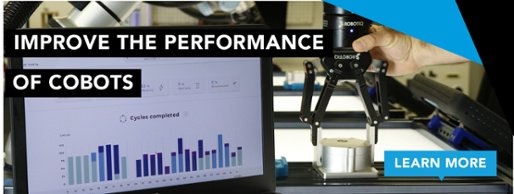
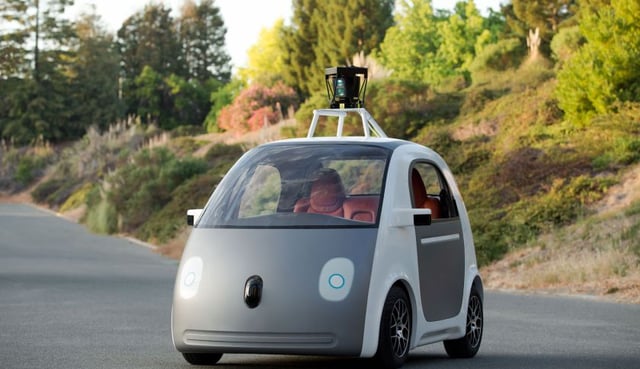
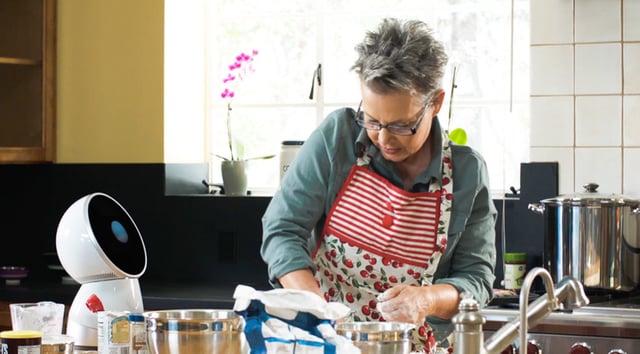
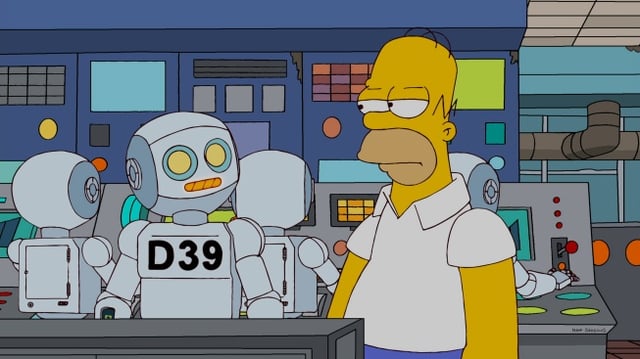
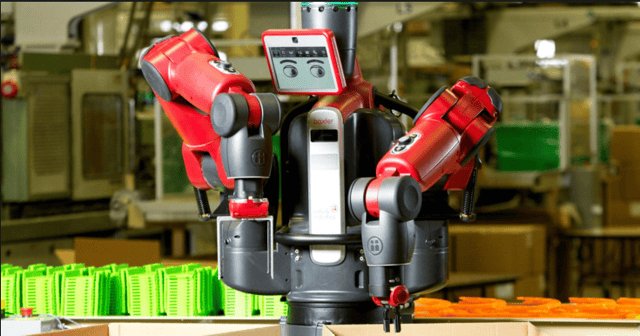
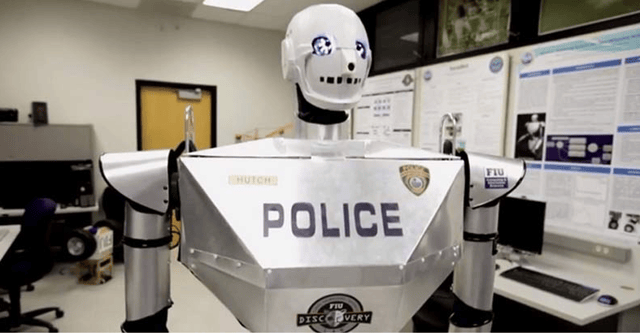

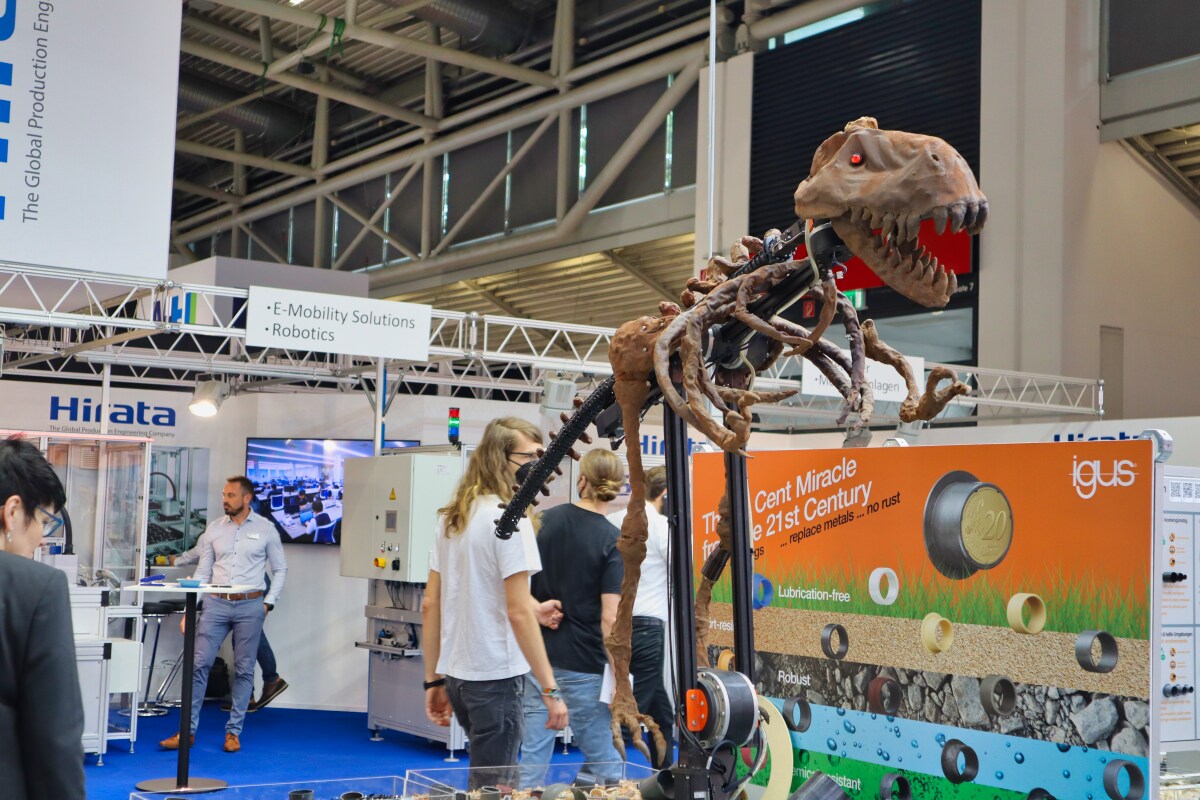

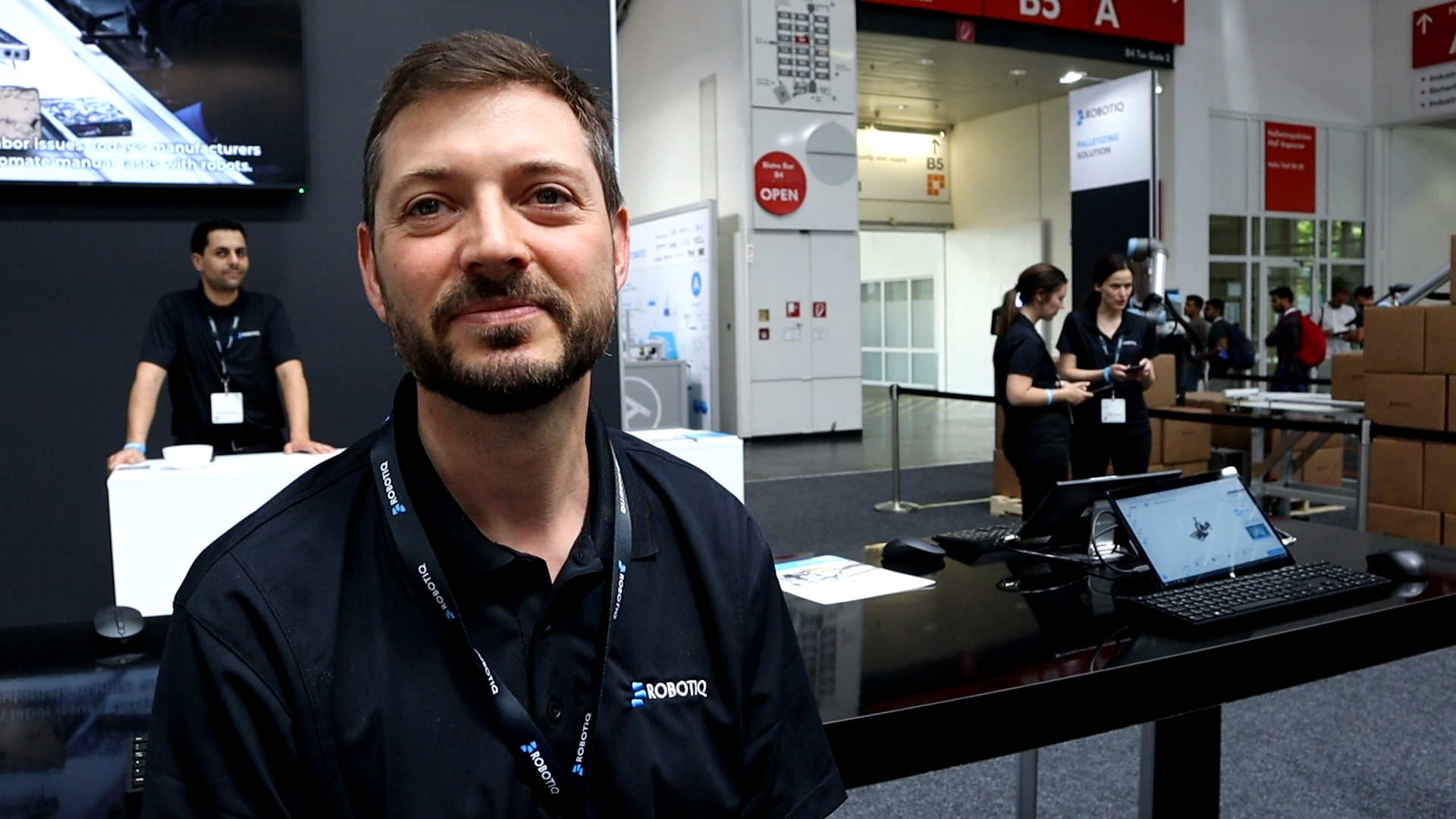
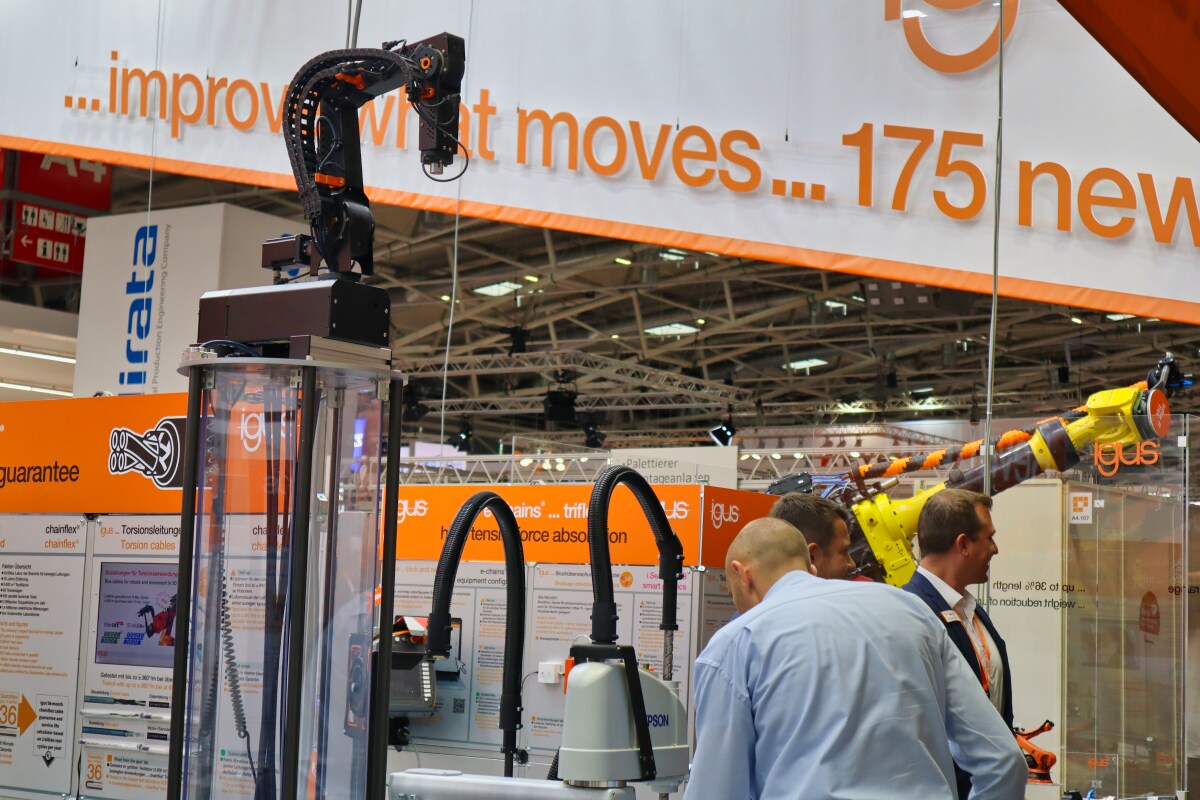
Leave a comment